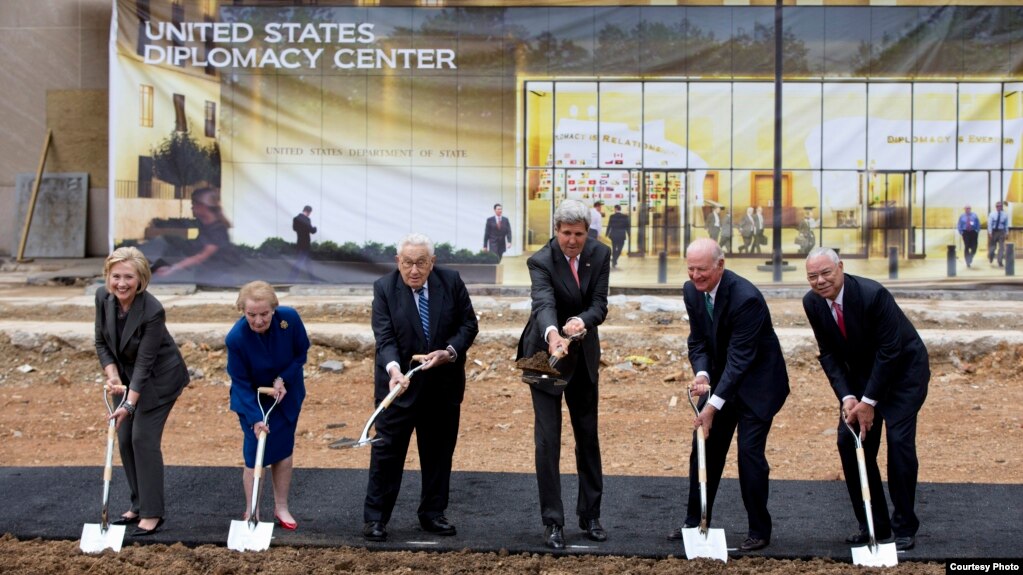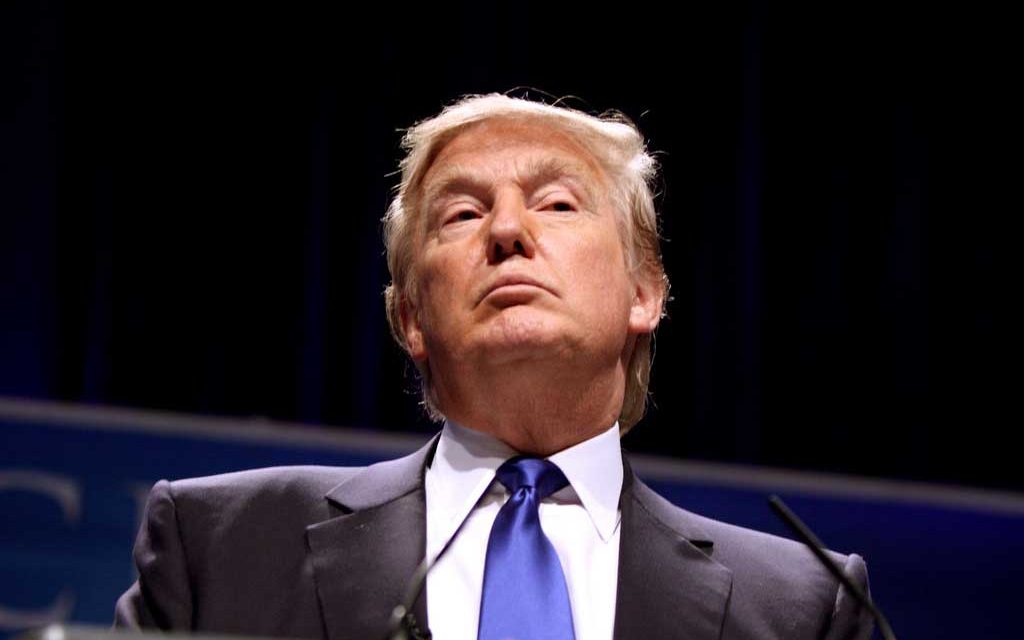August 20, 2018
The Long and Winding Uncertain Journey for Pakatan Harapan (Hope Coalition)
by Dr. Lim Teck Ghee
The new government’s 100 days is now up. What was put out as 10 key reforms by Pakatan in a manifesto aimed at enticing voters is dominating the headlines. However these are still very early days to assess the progress made with the promises of
● easing the burden of the public
● reforming the nation’s administrative institutions and politics
● reshaping the nation’s economy in a fair and just manner
● reinstating the rights and status in Sabah and Sarawak
● building an inclusive and moderate Malaysia in the international arena.
By way of contrast it is useful to recall that Barisan Nasional with its theme of “With BN for a Greater Malaysia” had a 220 page manifesto with 364 pledges covering almost every single community and group – Felda settlers, women, youth, orang asli, the people of Sabah and Sarawak, the bottom 40% households, Chinese community and other non-Muslims. Possibly the only group that was not covered was that of LGBT (lesbian, gay, bisexual, transgender) currently in the public limelight and under fire.
The Challenge That Pakatan Faces
In evaluating the performance of the present government, it needs to be remembered too that Pakatan’s victory was against the odds. Most analysts – as well as Pakatan’s leaders – saw little hope of ending the continuation of Barisan rule in GE-14.
Since the first election in 1955, the Alliance and its BN successor have gradually tightened their power through a combination of constitutional and extra-constitutional measures, the deployment of an enormous patronage machine and the cooptation of the nation’s civil service in suppressing whatever opposition exists in the country. The ruling coalition has also effectively exploited racial and religious faultlines to maintain its hold on the Malay majority voting population.
They are back as a tag team. Will they do it again with the politics of Race and Religion in the name of Ketuanan Melayu?
Lest we under-estimate the magnitude of the reform challenge, let it not be forgotten that most of the present crop of Pakatan’s current leadership have been among the active supporters of the indoctrination movement in its diverse manifestations. They have been responsible for the Malay psyche, which needs transformation if the new Malaysia is not to remain a mirage.–Dr. Lim Teck Ghee
Not only was there little hope of an election upset but there was also a big question mark as to whether there could be a peaceful transition of government and power. Now that we have had both extraordinary outcomes – to paraphrase what Dr. Mahathir, the Prime Minister, recently described in Japan as the nation’s unique and lucky peaceful transition of power – we need to be realistic about the challenge that Pakatan faces.
This is because the missteps, wrong doings, abuses and transgressions engaged in by the BN government – some going back to the time of Dr. Mahathir’s first stint as Prime Minister – are so rampant and the ensuing damage to the country’s socio-economy and governance structures and race and religious relations so egregious that it will require more than a few years – perhaps a decade – of sweeping and far-reaching policy changes and reform to undo them.
High level corruption and economic excesses and crimes are currently a major preoccupation of the new government. However, it is perhaps among the easiest of the improprieties and legacy of the BN regime that the Pakatan government has to deal with and correct.
More resistant to remedying are the policies, programmes and mindsets which the country’s state apparatus and most institutions of government (educational, media, professional and socio-cultural organisations, religious bodies, etc.) have propagated to a largely captive audience.
As explained in a recent article by Fathol Zaman Bukhari, editor of Ipoh Echo
“The Malay psyche is not something difficult to fathom. It is the result of years of indoctrination (brainwashing) by a political party that is long on hopes but short on ideas. Fear mongering is UMNO’s forte because the party believes that Malays are under threat. That their religion and their sultans are being assailed and belittled by imaginary goblins and make-believe enemies …. Anyone other than a Malay and a Muslim is considered unworthy to assume any sensitive appointments, which are only reserved for Malays. But on hindsight it is the Malays who have let the nation and their own kind down. Najib Razak, Rosmah Mansor, Apandi Ali, Rahman Dahlan, Tajuddin Rahman, Khalid Abu Bakar, Jamal (Jamban) and all the obscenely-paid heads of government-linked companies are Malays. But this is of no consequence to a race that makes up over 60 percent of the nation’s population. They continue to feel threatened.”
It is this less easily definable, less financially quantifiable, but more ubiquitous, and ultimately more destructive and ruinous feature of nation-building directed and manipulated by the previous leadership for the last 60 years, that needs to be contended with and purged of its toxic ethno-religious content if the new Malaysia is to have any chance of succeeding.
Lest we under-estimate the magnitude of the reform challenge, let it not be forgotten that most of the present crop of Pakatan’s current leadership have been among the active supporters of the indoctrination movement in its diverse manifestations. They have been responsible for the Malay psyche, which needs transformation if the new Malaysia is not to remain a mirage.




 Pictured: Donald Trump and other heads of state deliberate at the G7 summit on June 9, 2018 in Charlevoix, Canada. (Photo by Jesco Denzel /Bundesregierung via Getty Images)
Pictured: Donald Trump and other heads of state deliberate at the G7 summit on June 9, 2018 in Charlevoix, Canada. (Photo by Jesco Denzel /Bundesregierung via Getty Images)








